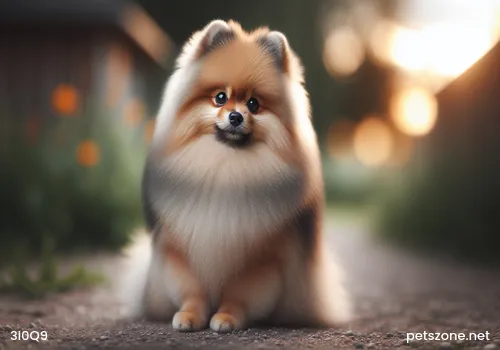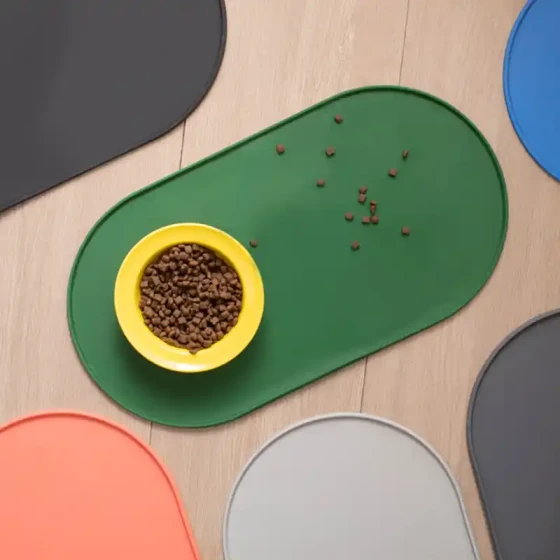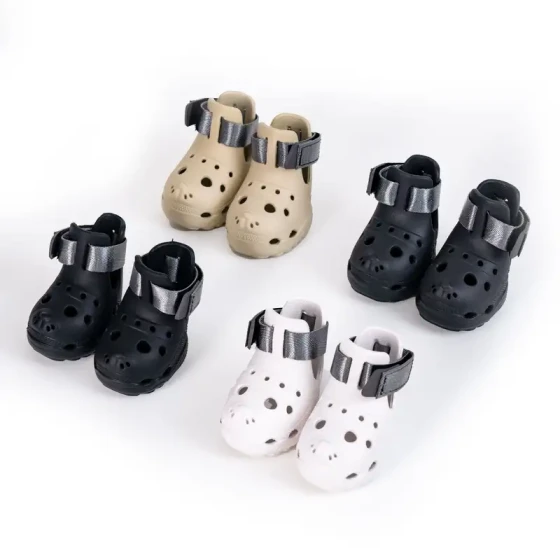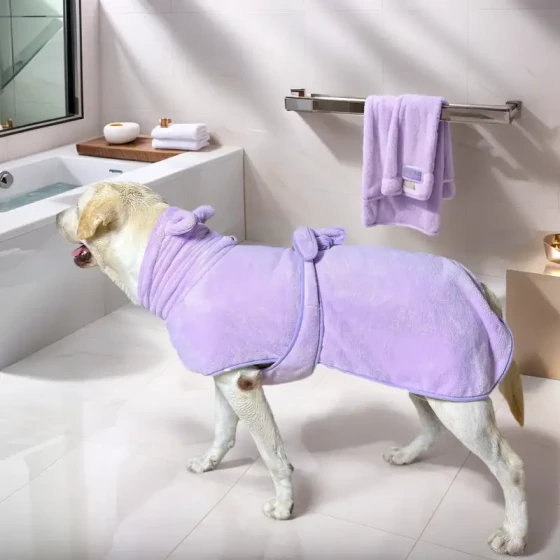Golden Retriever Breed Introduction
Golden Retriever Breed Introduction
Breed Introduction of Golden Retriever
The Golden Retriever was bred in the 19th century by a Scottish monarch, using a small Newfoundland dog, Irish Setter, and an extinct mixed water spaniel, producing a golden long-haired retriever. This breed gradually became the famous Golden Retriever. At that time, this dog was very suitable for carrying game because they have a very gentle mouth. Golden Retrievers have strong swimming abilities and can retrieve game from water for their owners. They are also loyal and friendly family companions and can be trained as excellent guide dogs.
The Golden Retriever has a sturdy physique and enthusiastic work ethic. It can be used to catch waterfowl and can swim in any climate. Deeply loved by hunters, it is mainly raised as a family dog and is considered a large breed.

Golden Retriever (detailed introduction)
Species Distribution of Golden Retriever
Origin and Development of Golden Retriever
The Golden Retriever originated in 19th century Scotland, UK. The records of its bloodline origins or association recognition vary. Sir Dudley Maude Banks [Tweedmouth] wrote a detailed book on the origin of single retrievers. There is also a legend that the Golden Retriever came from a Russian circus dog breed.
However, it more closely resembles a cross of yellow flat-coated retriever and Tweed Spanish water spaniel, later crossbred with Irish Setter, Labrador Retriever, and Bloodhound. After 1920, it was officially named the Golden Retriever we all know today. Before that, it was known as the Golden Flat-Coated Retriever.
Physiological Indicators of Golden Retriever
1. 2 months — Male: 6kg Female: 5kg
2. 3 months — Male: 11kg Female: 9kg
3. 4 months — Male: 17kg Female: 15kg
4. 6 months — Male: 24kg Female: 21kg
5. 8 months — Male: 29kg Female: 24kg
6. 12 months — Male: 33kg Female: 28kg
Playing
The dog busily keeps retrieving things. Its specialties are fetching slippers, shoes, balls, and cloth dolls. Its favorite toy is a ball-shaped toy. It approaches its owner, lifts one leg to attract attention, or runs over, acting coquettishly, asking to play. It makes "hmm, hmm" sounds using its nose to beg, constantly circling the owner, or biting something immediately when seen and running toward the owner; even a large piece of dry wood won't be missed.
Coquettish Behavior
It makes a "hmm, hmm" nasal sound to beg and keeps moving closer, hoping the owner will pet it. It may pass through the owner's legs or lie on its back showing its belly to "play hard to get." At such times, do not harshly chase it away; even a moment of physical contact will let it feel the owner's love.
Loneliness
Puppies recently separated from their mother or left alone at home often howl "woo~~ woo~~." Drooping shoulders, lowering their head, and standing weakly in their "territory." Even if a ball rolls nearby, they won't look. Letting out a sigh, they try to make themselves sleep. At such times, only the owner's love can give them warmth.
Obedience
Dogs fully obey the leader they recognize. The beloved owner is naturally the master. The dog only performs completely unguarded actions like lying on its back, showing its most vulnerable belly, which signals total submission without resistance. Also, when its tail stretches straight back, belly pressed to the ground, ears flattened, and looking up sorrowfully at the owner, it shows obedience.
Excitement
To avoid losing toys, it forcefully clamps toys with its front legs or bites and shakes them with its teeth. If overexcited, it may drool or raise its belly.
Satisfaction
After sufficient activity and play, it lazily lies down, immersed in pleasant fatigue, feeling deeply satisfied. It watches intently every move of its owner and family, confirming it has not been forgotten. When happy, it emits joyful begging sounds.
Joy
Eating and walking are joyful times. Drooping ears, squinting eyes, and tongue sticking out are expressions of its happy mood. Its tail wags vigorously, body twisting left and right with light steps. The tail wagging furiously is the happiest time. Sometimes, it wrinkles its nose, raises its upper lip, making a smiling expression. When it makes "hmm, hmm" sounds from its nose, that is also a sign of happiness.
Fatigue
Exhaustion after full exercise also overwhelms the dog. Puppies immediately become drowsy, yawn, and soon fall asleep. When deeply asleep, no calls can wake it. Let it have a good rest. As the saying goes, "A good sleep adds an inch." After well resting, it will be energetic and active until tired again.
Thinking
Dogs fall silent when thinking but do not meditate, as it does not fit their character. They quickly engage in the next action, fully enthusiastic. They think briefly between actions and learn a lot from repeating this. Thus, repetitive practice is the key to training.
Communication
When dogs want to communicate, they desperately use an "unspeakable" longing look to gaze at their owner. They persistently repeat the same actions and emit low whimpers, hoping the owner understands their feelings. At this time, one should try to recognize their needs through their eyes. Dogs’ requests are very simple and pure; they never make extravagant demands.
Boredom
Dogs feel bored when they have played thoroughly and temporarily don't know what to do next. They feel lethargic, only their eyes searching for new mischief. But dogs cannot stay bored for long; once stimulated by anything curious, they immediately get up, forgetting themselves.
Strong Interest
Dogs are very curious. When they see animals or insects for the first time, their ears perk sensitively, tail wagging nervously as they slowly approach. They sniff. Once they realize "everything is safe," they smell with their nose and bite with their mouth... When puzzled or encountering something strange, they tilt their head like humans and ponder.
Happiness
Playing with its owner makes the dog ecstatic. Tail raised, neck stretched out, trotting happily, constantly jumping when joyful, showing uncontrollable happiness. It also wiggles its ears up and down, sticks out its tongue, and coquettishly pants "ha, ha" at its owner.



-560x560.webp)

-560x560.webp)